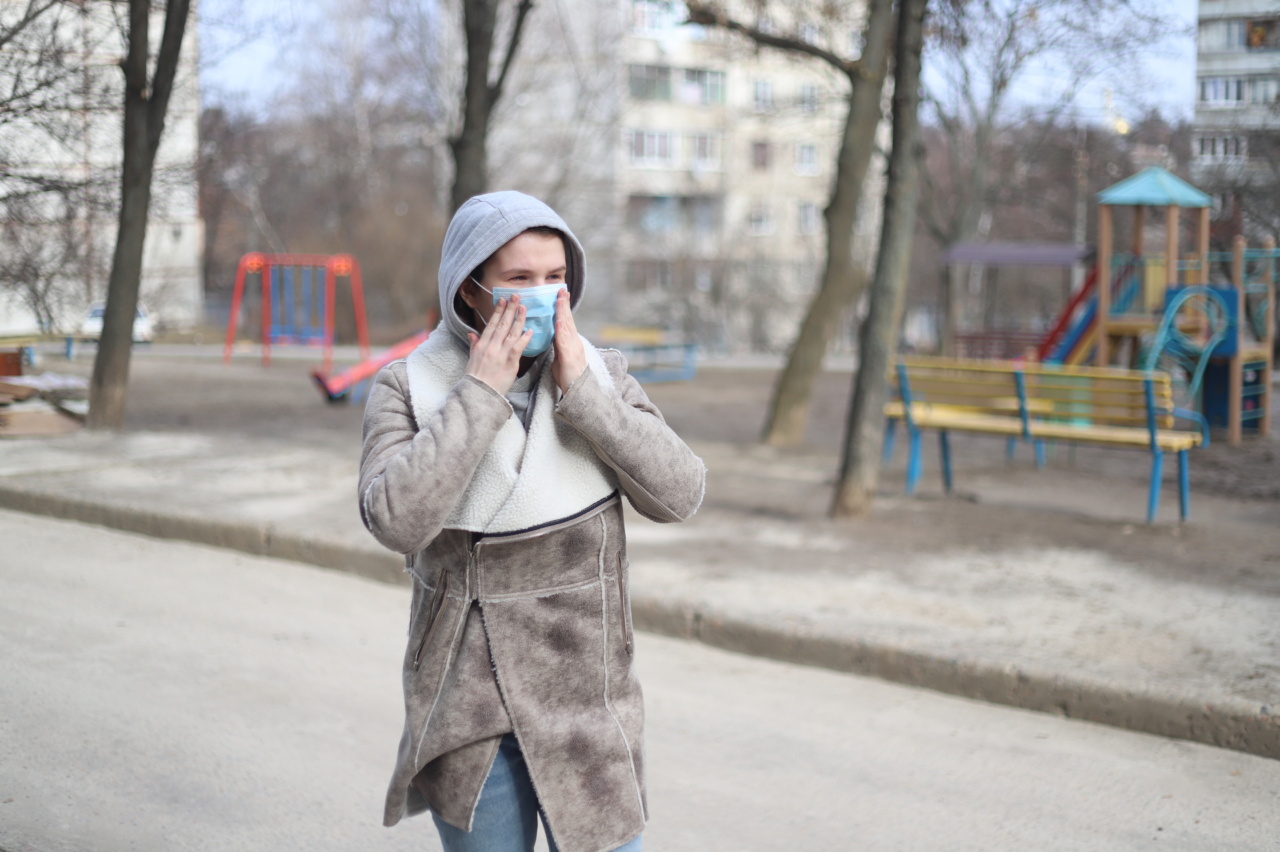Winter months are often synonymous with colds, coughs, and sore throats. For many people, this season is the time when they are most prone to falling sick. These infections can be acute or chronic and can range from mild to severe.
Regardless of the severity, however, everyone wants to feel better and find relief from the symptoms as soon as possible. Here we have outlined tips and tricks that can help you fight coughs and sore throats this winter.
1. Stay Hydrated
Staying hydrated is essential when battling colds and sore throats. When we’re sick, our bodies lose fluids through coughing, sneezing, and sweating.
That is why it is essential to drink plenty of fluids to replenish what is lost and keep the body hydrated. The general recommendation for total fluid intake is around eight glasses of fluid a day, but when sick, aim for at least a glass an hour to keep the throat moist.
Drinking hot beverages such as tea, hot water with lemon, honey, and ginger can also provide relief from symptoms. These drinks keep the throat hydrated and soothe irritation.
2. Gargle with Saltwater
Gargling with saltwater is an effective way to ease throat irritation and pain. Saltwater can reduce inflammation and draw excess fluid from the swollen tissues in the throat.
It can also help to remove mucus and other irritants and flush them out of the throat. To make a saltwater solution, mix half a teaspoon of salt in a glass of warm water. Gargle with this solution for 30 seconds before spitting it out.
3. Get Plenty of Rest
When we’re sick, our body needs plenty of rest to fight off the infection. Adequate rest provides the body with the opportunity to heal and recover from the illness.
Adults need an average of 7-9 hours of sleep per night, while children need significantly more (depending on age). Sleeping and resting as much as possible can reduce the duration and severity of these infections.
4. Use a Humidifier
A humidifier can help ease coughing and soothe the throat. Adding moisture to the air helps keep the throat lubricated and reduces the amount of irritation. Humidifiers also help to loosen mucus and reduce congestion.
Be sure to keep the humidifier clean to prevent bacteria and mold growth.
5. Take Over-the-Counter Medications
Over-the-counter medications can help alleviate cold and flu symptoms. Cough syrups, throat lozenges, and pain relievers can provide temporary relief from coughing, sore throats, and body aches.
Antihistamines help reduce mucus production, while decongestants help clear the nose and relieve congestion. Be sure to read the instructions and labels carefully before taking any medication, and if symptoms persist or worsen, seek medical attention.
6. Practice Good Hygiene
Good hygiene habits can help prevent the spread of infections and reduce the risk of getting sick. Frequent hand washing, covering your mouth when coughing or sneezing, and avoiding close contact with sick persons can prevent the spread of germs.
If you’re sick, stay home from work or school to prevent spreading the infection.
7. Try Natural Remedies
Natural remedies such as honey, ginger, and aloe vera have been used for centuries to treat coughs and sore throats. Honey has antibacterial properties and can soothe an irritated throat.
Ginger has anti-inflammatory properties that can help reduce inflammation and pain, while aloe vera can help soothe and coat the throat. Herbal teas made with ingredients such as chamomile, peppermint, and eucalyptus can also provide relief from coughs and congestion.
8. Exercise Moderately
Moderate exercise can help improve immune function and reduce the duration and severity of illnesses. Regular exercise can also help relieve stress and promote better sleep, both of which can boost the immune system.
However, over-exercising can lead to fatigue, which can worsen symptoms, so it’s essential to listen to your body and not push yourself too hard when sick.
9. Eat a Healthy Diet
Eating a healthy diet can help strengthen the immune system and boost overall health. Foods rich in vitamins, minerals, and antioxidants can help ward off infections and reduce the risk of getting sick.
Foods such as citrus fruits, leafy greens, yogurt, and garlic can provide the body with essential nutrients and improve immune function. Avoid eating foods that are high in sugar, fat, and processed ingredients that can weaken the immune system and potentially worsen symptoms.
10. Use Essential Oils
Essential oils can help alleviate symptoms of coughs, sore throats, and congestion. Oils such as eucalyptus, peppermint, and lavender can be used in a diffuser or added to boiling water and inhaled to help open up nasal passages and relieve congestion.
Some oils can also be added to a carrier oil, such as coconut or sweet almond oil, and applied topically to the chest and throat to provide relief.
By following these tips and tricks, you can reduce the severity and duration of cold and flu symptoms. Remember to take care of yourself and seek medical attention if necessary. Stay healthy and warm this winter!.





























